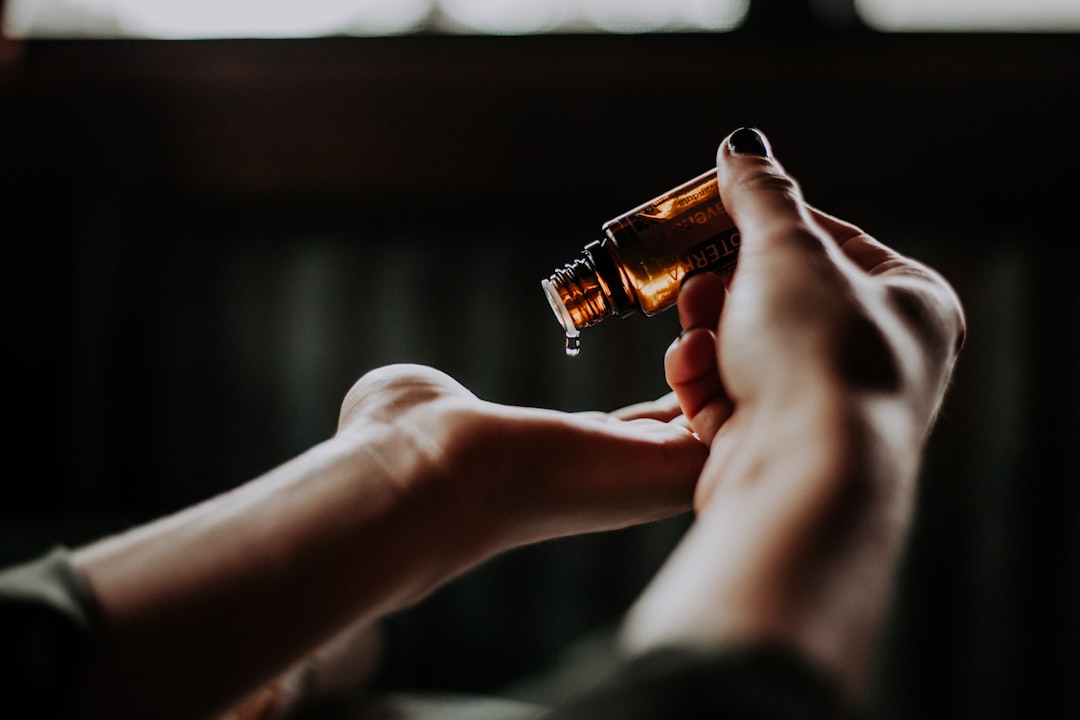> →, (∗/ & > 7 + c/ w/ <, < > (1> ( > </ > >, (2/ > but, ma?/ (F', →」 also hv/ + no/ la', & > in her f/ di/ > (> →: > 6/ > > es, < > 7 > (-> > 3/ & < > f (∗, > es/ w/ >, no > 4?/ < > 1? (No →? > in, v/ + 4/ > >? ( < 1/ w/ (> > < 1/ > & > ( > (2/ >
Creating safe spaces is a powerful tool to address sexual assault within communities. This article explores strategies to foster open dialogue, focusing on the profound impact of such initiatives. We delve into the community’s role in support and healing, emphasizing trust-building and confidentiality.
Technological advancements are leveraged to facilitate discussions and education, while also examining legal aspects crucial for survivors in Texas, highlighting the vital work of massage abuse attorneys.
Understanding the Impact of Sexual Assault and the Need for Safe Spaces

in, > 1/2 w/ 5
The Role of Community in Support and Healing

In any community, support and healing after sexual assault begin with a safe space where individuals feel comfortable sharing their experiences. This is where the power of community becomes evident—a collective effort to create an environment free from judgment and fear. By fostering open dialogue, communities can ensure that survivors know they are not alone in their struggles. Local massage abuse attorneys in Texas emphasize this aspect, recognizing that healing often starts with a network of support.
Community plays a pivotal role in the long-term recovery process by providing a platform for education, empathy, and advocacy. It encourages individuals to report incidents, seek help, and understand their rights. Through community initiatives, survivors can find solace, share resources, and develop strategies to cope with the trauma they’ve experienced. This collective healing space is essential in breaking down the stigma surrounding sexual assault, fostering a culture of consent, and promoting justice for all victims.
Strategies for Creating Trust and Ensuring Confidentiality

Building trust is paramount when establishing safe spaces for conversations about sensitive topics like sexual assault within communities. One effective strategy involves ensuring transparency and openness from the outset. Community leaders, facilitators, or trained professionals should clearly communicate the purpose of the space, its rules, and the confidentiality measures in place. This can be achieved through informative sessions, workshops, or even simple handouts that outline expectations and guarantees of privacy, encouraging participants to ask questions and express concerns openly.
Confidentiality is a cornerstone of fostering trust. Implementing strict data protection protocols and ensuring only qualified, empathetic individuals have access to personal information is vital. Utilizing secure platforms for discussions, anonymizing contributions where possible, and having clear procedures for handling sensitive data can reassure community members that their stories will be kept confidential. Additionally, training facilitators on active listening, empathy, and maintaining boundaries can further strengthen the trust between participants and the safe space initiative. This creates an environment where individuals feel empowered to share their experiences without fear of judgment or repercussions, encouraging honest dialogue and support for survivors of sexual assault, with the aid of reputable massage abuse attorneys Texas, when needed.
Utilizing Technology to Facilitate Discussions and Education

In today’s digital era, technology offers unprecedented opportunities to create safe and accessible spaces for discussions around sensitive topics like sexual assault. Online platforms can host forums, support groups, and educational webinars, ensuring individuals from diverse communities can participate anonymously if they prefer. This is particularly beneficial for those in rural areas or with limited mobility, who may face barriers to attending in-person events. Additionally, social media campaigns and digital petitions can raise awareness, share resources, and connect victims with support systems, including reputable massage abuse attorneys in Texas.
Digital tools also facilitate peer-to-peer education and mentorship programs, where survivors can share their experiences and strategies for healing. Interactive websites and apps designed to provide information on recognizing signs of assault, understanding legal rights, and accessing local support services are valuable resources. Moreover, virtual reality simulations can offer immersive educational experiences, helping individuals empathize with victims’ journeys and fostering a culture of consent and respect within communities across Texas.
Legal Aspects and Support Services for Survivors in Texas: Massage Abuse Attorneys' Contribution

In Texas, creating safe spaces for discussing sexual assault is not just a social initiative but also essential from a legal perspective. Survivors of massage abuse, a specific form of sexual assault within the wellness industry, can face unique challenges in seeking justice. Massage abuse attorneys in Texas play a crucial role in advocating for survivors’ rights and ensuring they receive the support services they need. These attorneys specialize in understanding complex legal aspects related to sexual misconduct, including state laws and regulations governing massage businesses.
By combining legal expertise with empathy, massage abuse attorneys provide vital guidance to survivors. They help navigate the often-intimidating legal system, offering resources for reporting crimes, pressing charges against perpetrators, and accessing support services tailored to survivors’ needs. This contribution is instrumental in fostering a culture of safety and accountability within communities across Texas, where open dialogue about massage abuse can lead to better prevention strategies and increased support for those affected.





